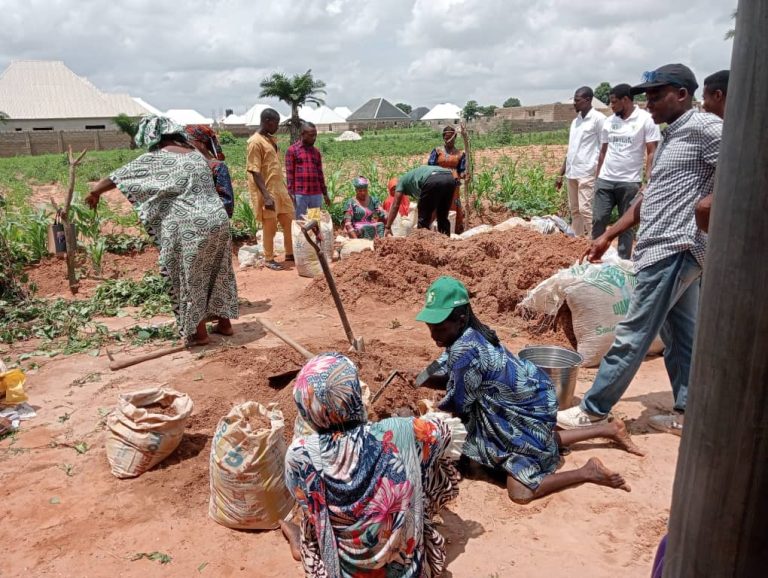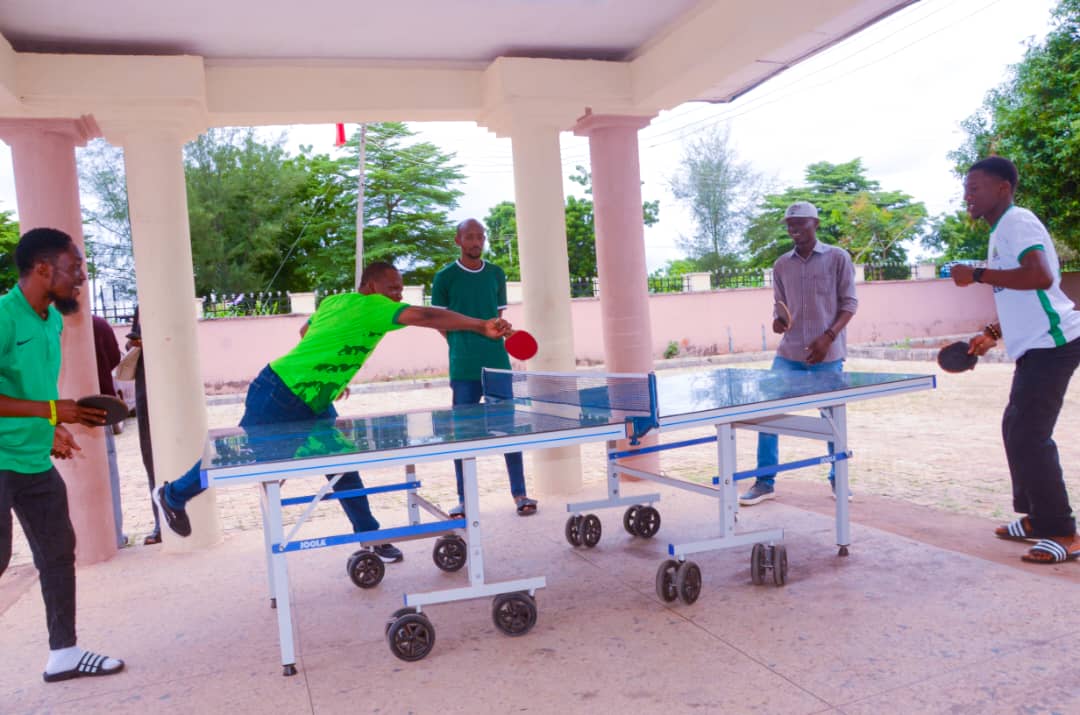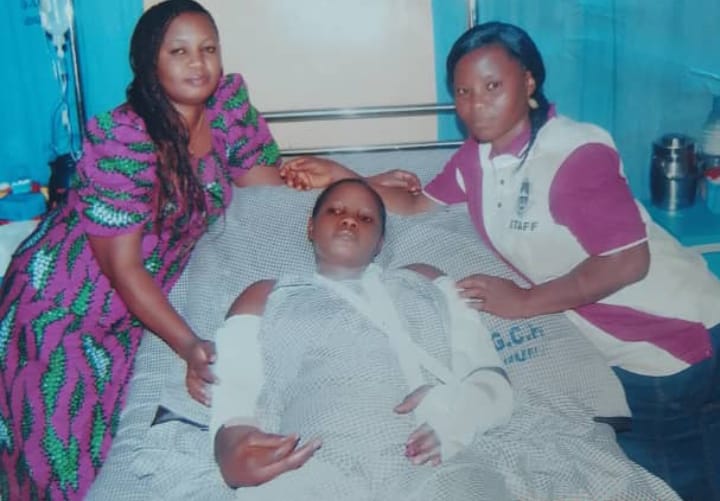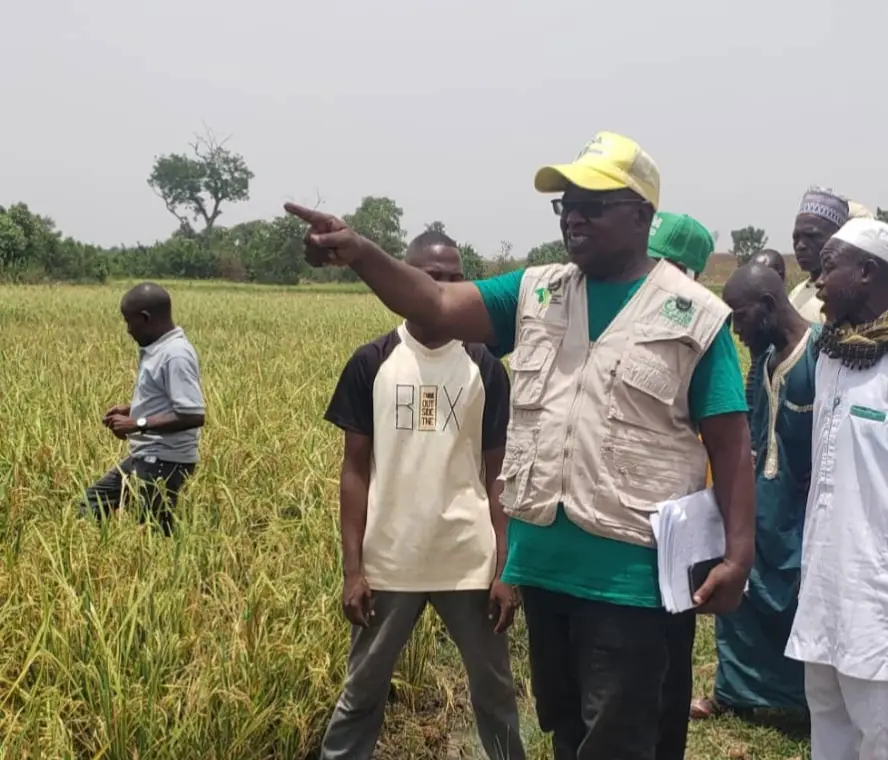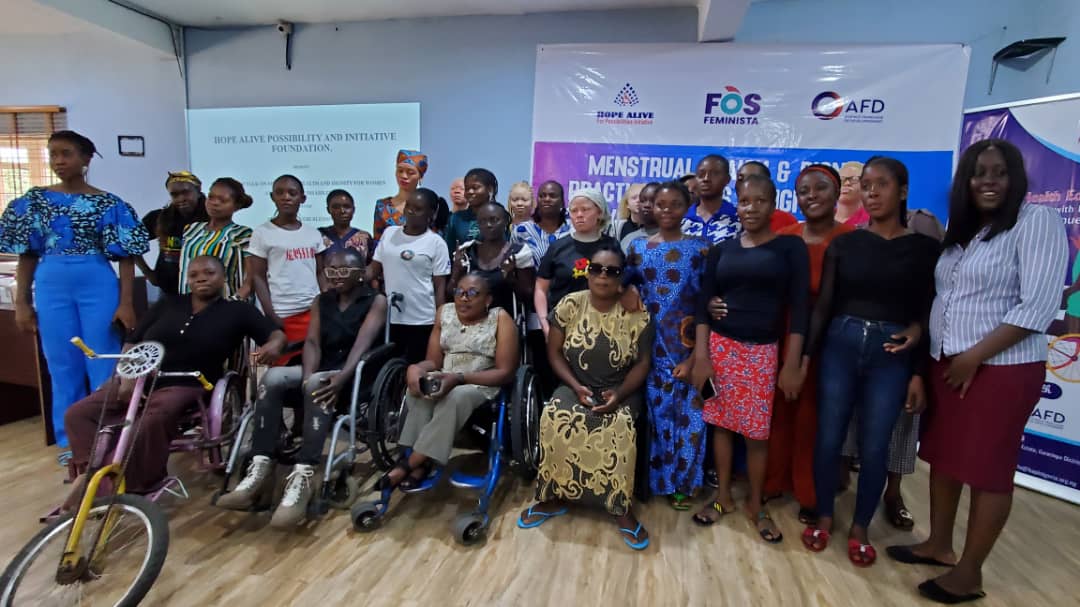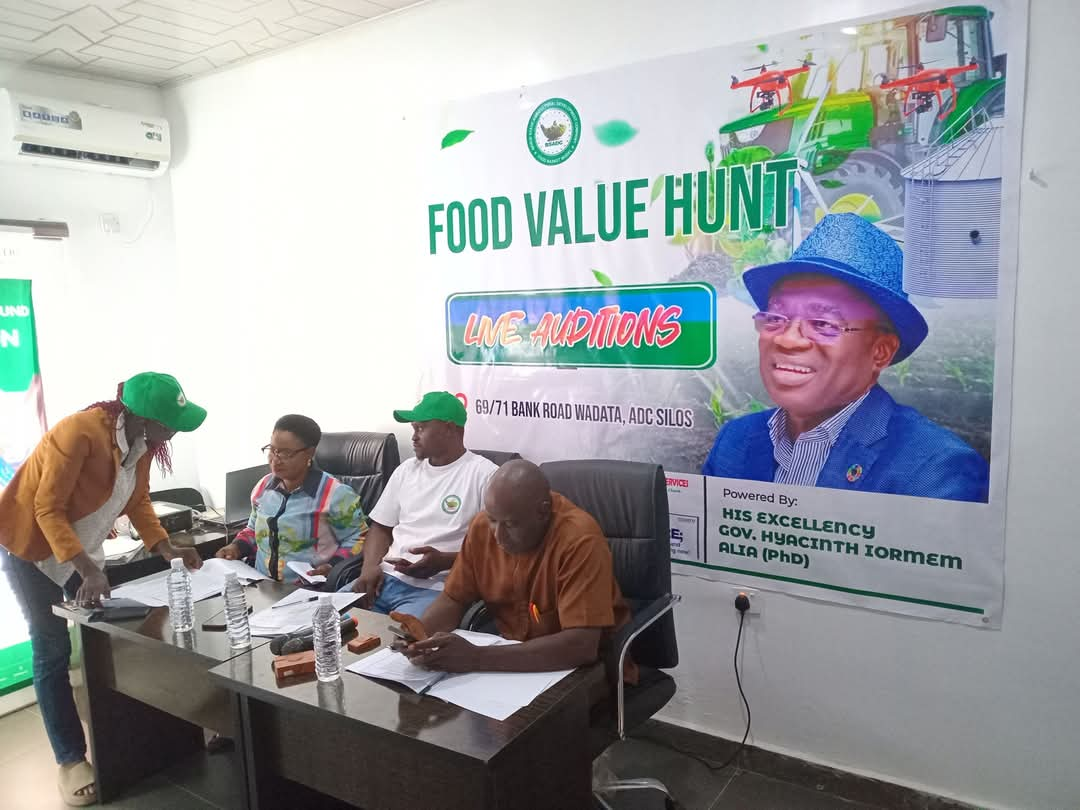The Advocacy for Women with Disabilities Initiative (AWWDI) in partnership with the Global Initiative for Food Security and Ecosystem Preservation (GIFSEP) has trained women with disabilities on sack farming as a way to promote food security and climate change adaptation.
Speaking during the training held on Thursday in Gidi Gidi Community, Lafia Local Government Area of Nasarawa State, the State Coordinator of AWWDI, Mrs Asaba Averson, said the organisation has been working with GIFSEP on the African Activists for Climate Justice (AACJ) project with support from OXFAM to support Persons with Disabilities to become self-reliant.
She said about 100 women have been trained in sack farming, which enables them to plant crops and vegetables even in areas with limited land.
“Last year, some of our members were trained on how to farm using sacks. Today, the organisation has also trained an additional number of women on this type of farming.” We want to appreciate our partners and reassure them of our continued partnership. Apart from this, we also lead advocacy efforts in tree planting to address some of the effects of climate change in society,” she added.
Also speaking, Joseph Ibrahim, Programme Manager at GIFSEP, said the urban farming initiative was aimed at empowering persons with disabilities to contribute to the country’s food value chain.
Ibrahim said the programme is designed to promote inclusion and break down barriers by training women with disabilities on how to use sacks and readily available materials to produce food in urban centres.
“We are here to further strengthen our initiative, which is urban farming for persons with disabilities. We have equipped the women with disabilities with the skills to farm in sacks using topsoil and manure from poultry droppings. The participants planted sweet potatoes, tomatoes, and okro, and are expected to reap a fruitful harvest in the next three months,” he said.
In another development, AWWDI led a sensitisation campaign on the devastating effects of climate change in the Gidi Gidi Community, Lafia LGA of the state.
Mrs Asaba Averson said the aim was to educate residents on the dangers of erosion, deforestation, and indiscriminate waste disposal.
According to her, the community’s lack of awareness about climate change poses a significant challenge, particularly for women with disabilities.
“There is the challenge of erosion in this community that most of our persons with disabilities find it difficult in terms of movement and carrying out economic activities,” she lamented.
The AWWDI Coordinator expressed concern that people in the community were still building close to riverine areas, and there is a noticeable absence of tree planting initiatives.
“We assume that the people in this community are not aware of what is happening. They don’t know the dangers of erosion that cause a lot of damages to the community,” she added.
She therefore advocated for community-led actions to protect the environment, even as she emphasised the importance of tree planting, proper waste disposal, and local erosion control methods.
On his part, the community leader of Gidi Gidi community, Yakubu Mailafiya, said the area’s poor road infrastructure has exacerbated the problem, causing erosion to destroy farmlands and homes.
Mailafiya stated that the community’s garri processing plant, a vital source of livelihood, was also affected as the rains wash away cassava farmlands and destroy crops.
He, therefore, called on the government urgently to construct roads and drainage systems to control erosion and flooding in the area.

